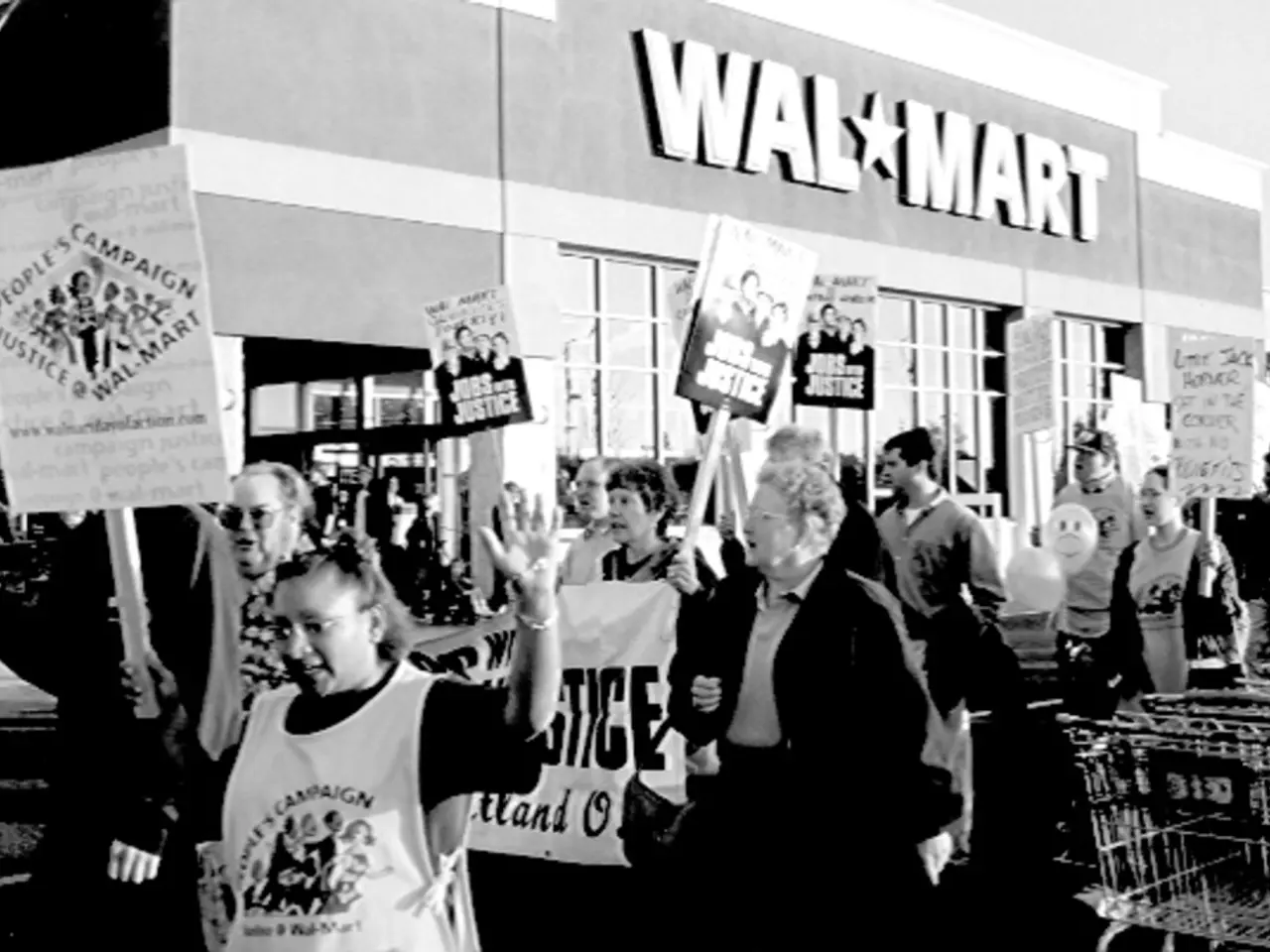Critics in Pakistan's religious minorities denounce blasphemy legislation and call out religious discrimination
In Pakistan, a diverse array of religious minorities, including Christians, Hindus, Sikhs, Ahmadis, and Shia Muslims, continue to face significant challenges despite constitutional protections. These injustices contribute to a broader environment of vulnerability and marginalization.
False Blasphemy Allegations and Mob Violence
Minority groups are frequently accused falsely under blasphemy laws, which carry severe punishments, including death. These charges often incite mob violence, with authorities sometimes failing to intervene effectively due to pressure from extremist groups, especially in rural areas. Human rights organizations highlight ongoing violence, forced conversions (particularly of minority girls), and hate speech driving such persecution.
Job Discrimination
Minorities often face discrimination in employment, with many non-Muslims relegated to menial jobs, even when qualified for better positions. A job quota system for minorities was introduced but has declined and is reportedly implemented with extra hurdles for minorities seeking government jobs, limiting economic empowerment.
Lack of Political Representation
Minority representatives in parliament are selected through a proportional representation system controlled by political parties, which activists argue denies minorities direct voting power and democratic rights to elect their own representatives. There are calls for reforming this system to empower minority voters and ensure fair, merit-based representation.
Discrimination in Prisons and Daily Life
Religious minority prisoners in Pakistan disproportionately face poor conditions, abuse, and discrimination by both inmates and prison staff. This reflects systemic bias within the justice system.
Security Concerns and Cultural Rights
There are ongoing demands to protect minority places of worship and cultural institutions, many of which have been taken over or neglected.
While the Pakistani government has launched some initiatives to address these issues, activists maintain these efforts fall short in addressing entrenched discrimination and violence.
On a positive note, Pakistan President Asif Ali Zardari has reaffirmed his commitment to protecting the rights of minorities and building a society free from discrimination. Prime Minister Shehbaz Sharif has also emphasized the services rendered by minorities in every walk of life, including those who have sacrificed their lives defending Pakistan.
On National Minorities Day, observed on Aug. 11, the nation honours Pakistan's religious minorities who have contributed to creating Pakistan and in nation-building. Activists continue to demand comprehensive and effective legislation to criminalize forced faith conversions, amendments to personal laws, and revisions of Articles 41 and 91 of the Constitution to ensure the full inclusion of minorities in government institutions, parliament, and the national mainstream.
Reforms are needed to change the proportional representation of non-Muslims for reserved seats to strengthen the democratic system. There are also calls for a "Grand Dialogue" in parliament to discuss the increase in false blasphemy allegations leading to mob violence.
[1] Human Rights Watch [2] Amnesty International [3] The Express Tribune [4] Open Doors USA [5] The Dawn
1) In the arena of policy-and-legislation, there are demands for comprehensive legislation to criminalize forced faith conversions, amendments to personal laws, and revisions of Articles 41 and 91 of the Constitution to ensure the full inclusion of minorities in government institutions and parliament.2) The ongoing incidents of crime-and-justice, such as false blasphemy allegations and mob violence, highlight the need for politics to address these issues effectively, with calls for a "Grand Dialogue" in parliament to discuss their increase. Meanwhile, general-news outlets continue to report on the pervasive discrimination against religious minorities in various aspects of life, including employment, prisons, and daily life.








